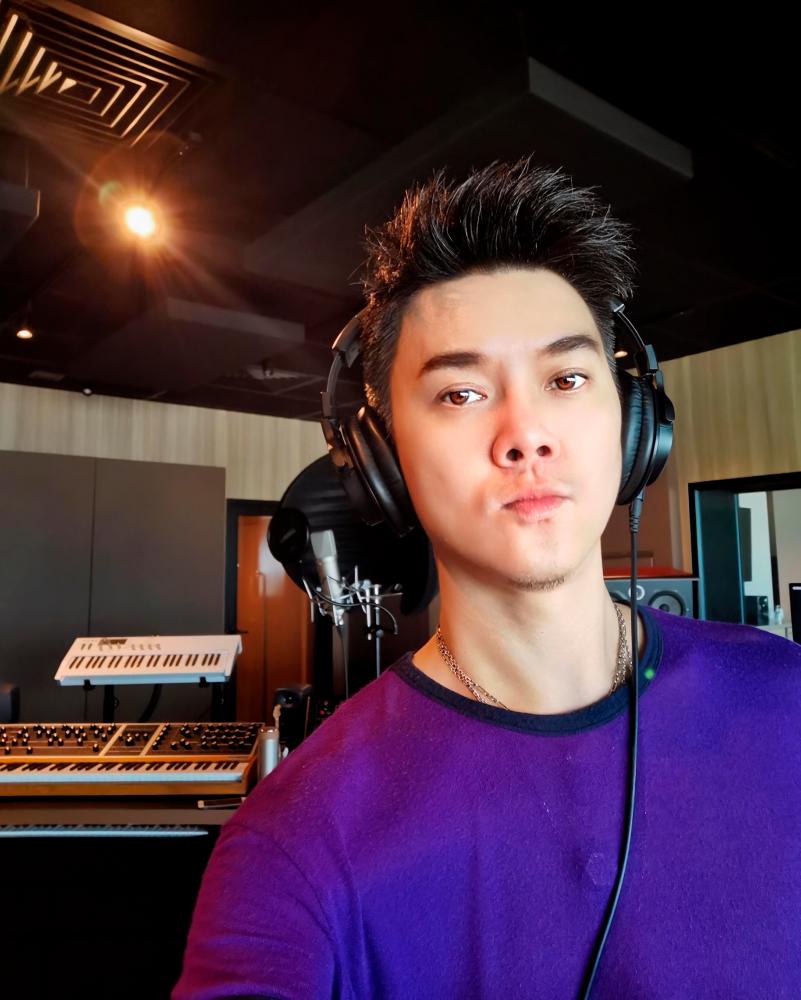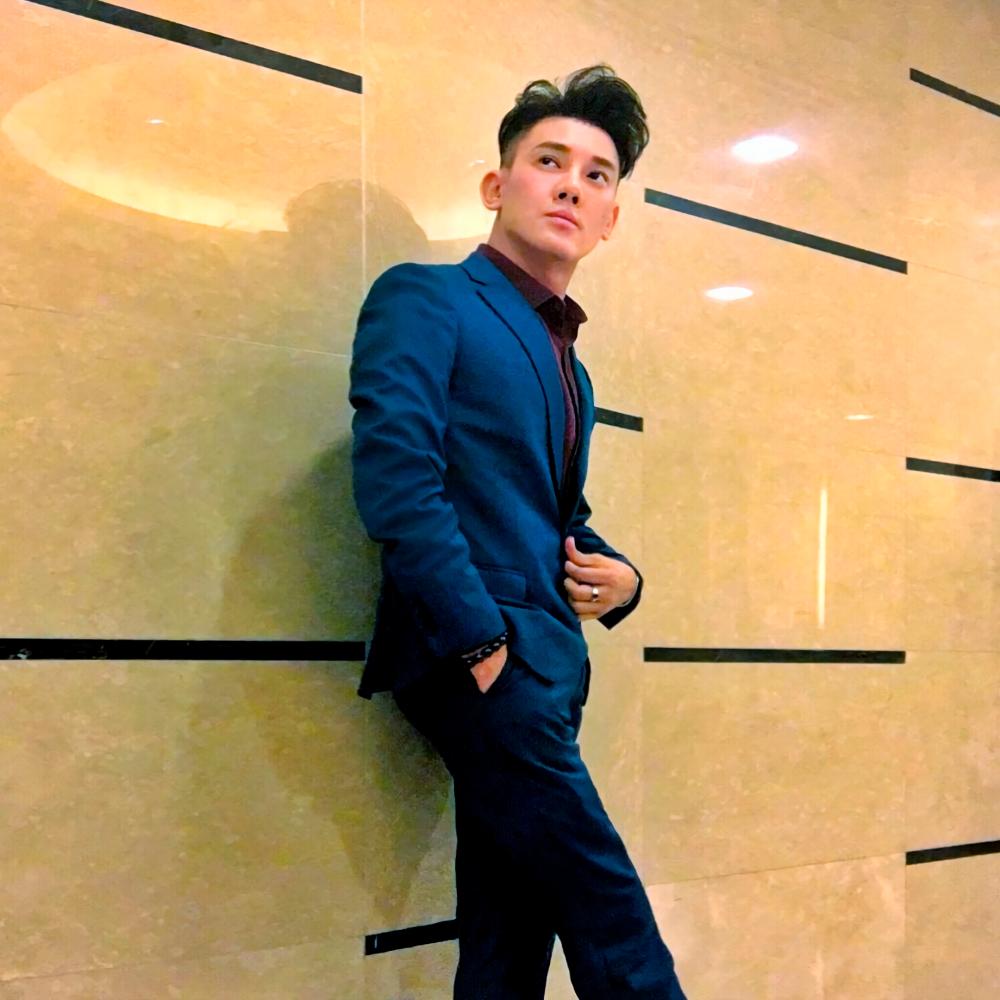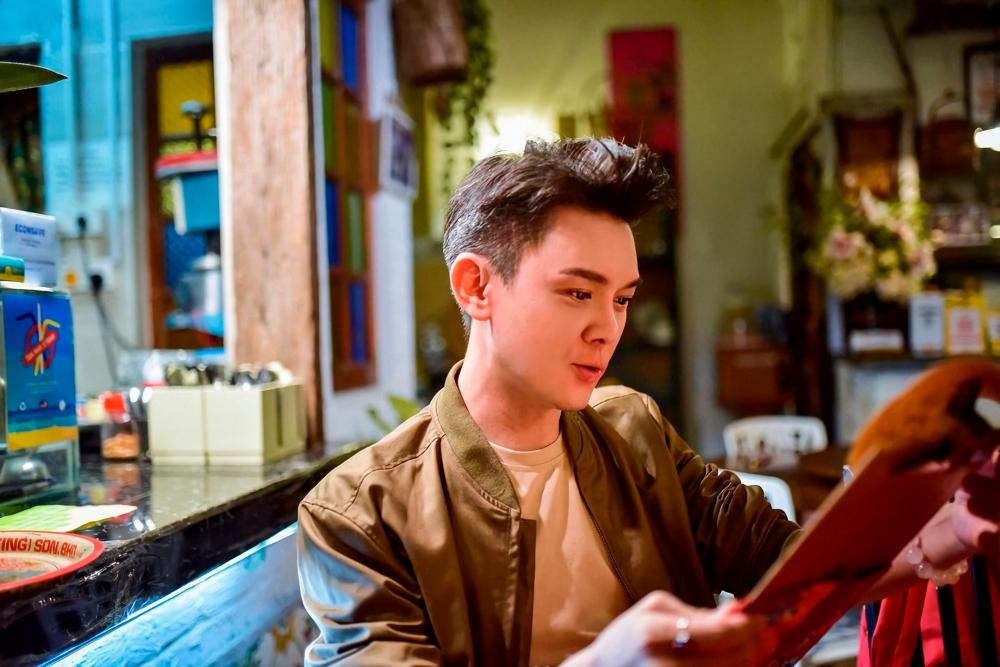THE human voice has played an instrumental role in influencing the arts throughout history. Given its melodic nature, it has transformed instantaneous expressions into meaningful art. Seah Song Fan is among the many local vocal artistes who has used his voice as an instrument for the greater good.
As a creative in the local industry, Seah has been the voice behind many prominent brands. In fact, the voice artiste has voiced almost 4,000 advertisements for influential clients ranging from McDonald’s to L’Oreal.
However, his entry into the industry was simply fate.
“I was an audio engineer and junior sound designer,” he said. “[During my] first year working as an engineer, I was asked to try out for a voiceover job. The client was sourcing for the right voice for an advertisement in Mandarin for Mother’s Day.
“My senior engineer told me to try it out since I can speak Mandarin. I tried and they said that it was the right voice!”
From there, he ventured into other areas such as radio dramas, television series and even musicals.
“My voiceover for advertisements and radio drama work happened at almost the same time. They have contributed to who I am and my work in the industry. That is how I started.”

What is an average day like for you?
“The industry has changed a lot since I first started. But there is still a distinct difference between light and peak seasons.
“Pre-pandemic, during peak seasons, my recording session would start at 10am. Upon arriving at the studio, I will introduce myself and be given the script on the spot. No time to rehearse. So, I will quickly go through it.
“But sometimes the client will come in and explain the brief to us. Then I will have to straight away get to it. Once I am done, I will rush off to another studio to finish the next project.
“But now, with the current pandemic, I can do recordings at home. It is a lot easier, as I can start recording without having to leave the comfort of my home.”
How have you kept your voice in good shape over the years?
“When I was younger, I took really good care of it. I was very careful with what I eat and only ate organic food.
“Organic raw honey and lukewarm water every day. I also cut down on spicy food, durian and drinking anything that can affect my voice. I lived this way for around eight to 10 years. During that time, I regularly took two hours to warm up my voice every day.
“But then I noticed that my voice became very sensitive. Whenever I ate food like spicy Maggie [noodles], I would lose my voice for days. So, I decided to slowly reintroduce all these not-so-healthy food into my diet moderately. It took a while for my body to adapt since it has been used to a very clean diet.
“Has my voice been affected? Yes, I do think so but the benefit is my voice is not as sensitive as before. And I noticed that the longer I am in the industry as a creative, the more I realised that what I used to think of as ‘perfect’ is not necessarily the ‘perfect’ that people want in arts in the creative sense.
“More importantly, it is usually not what moves people. Instead, what moves them is what sounds real.”

What is a popular misconception about voice acting that gets to you?
“I think it is more of a sense of ignorance from certain people from the industry that irritates me.
“Like I understand it is all about sales when it comes to commercial voiceovers. However, I think we, as the media, need to know what we are providing our audiences with. This is because we are educating our audiences.
“Yes, it may be a different type of education, but we are showing the public what is right and wrong.
“So, it bothers me from time to time, when I hear clients dismiss the messages in advertisements, noting that it is not important. It is, so sometimes it does affect me a little bit.”
Do you think local talents must be versatile?
“Yes and no. Yes, it is crucial as it allows you to offer more to the public. But also, no, because some may not be equipped with the specific skills that are required in the field.
“For instance, some voice actors are good at dubbing, but maybe not so good with advertisements or radio drama or even singing.
“But considering how the ecosystem in Malaysia is not wholesome, they are forced to cross over for the sole purpose of survival.
“So, that is quite sad but this happens because of two reasons. One is because the quantity of jobs is very little. The other reason is that the pay is too low ,especially for radio drama and dubbing.
“Why is this happening? There is no regulation in Malaysia to take care of the industry. There is no minimum wage for creatives in our industry. The clients can simply dictate the payment price without discussing it.
“So, I think [that] before we can ask for more variety of talents, we have to have a more wholesome industry first.”













